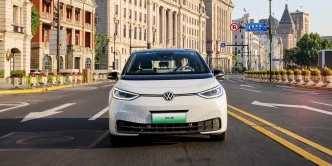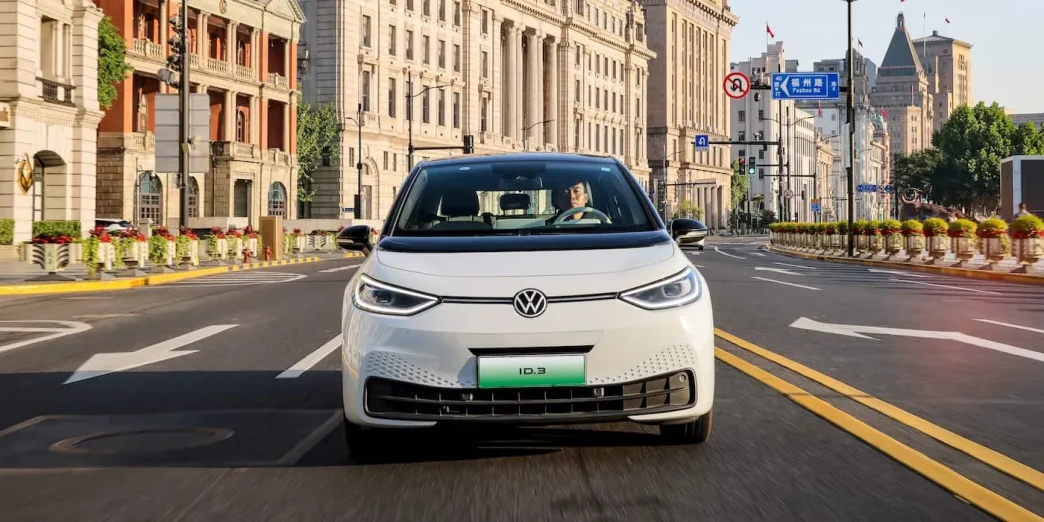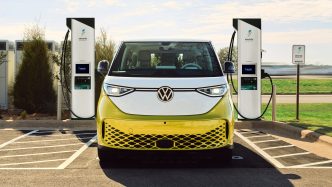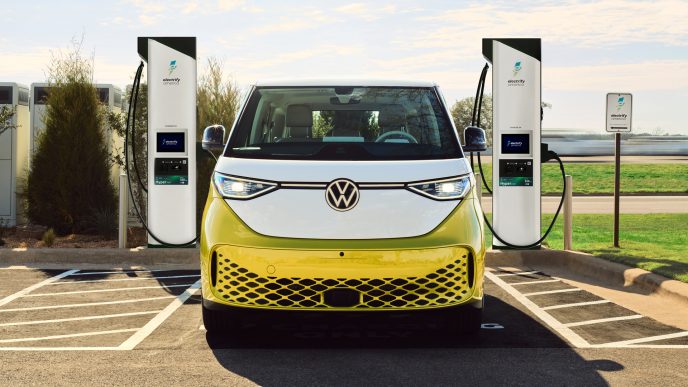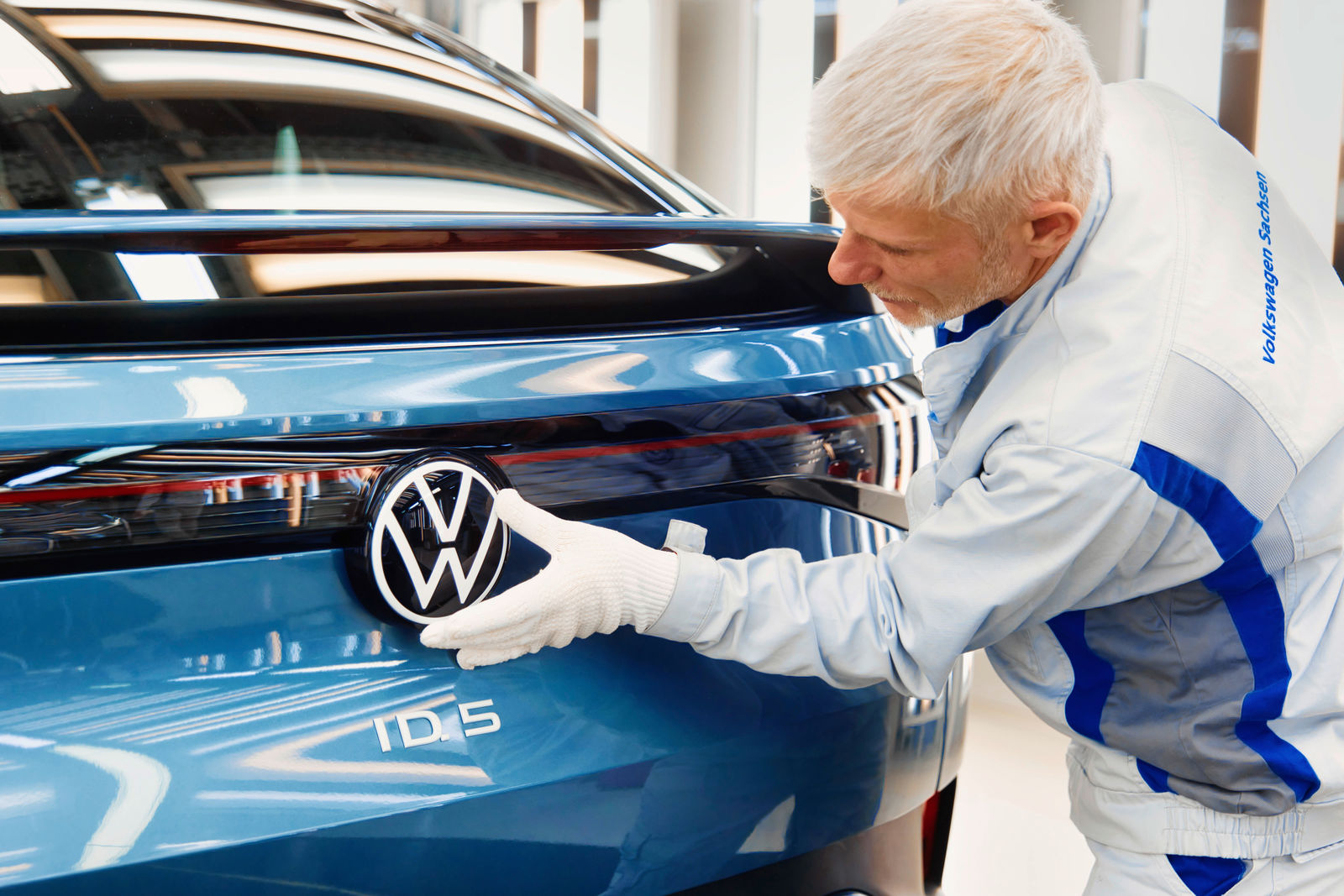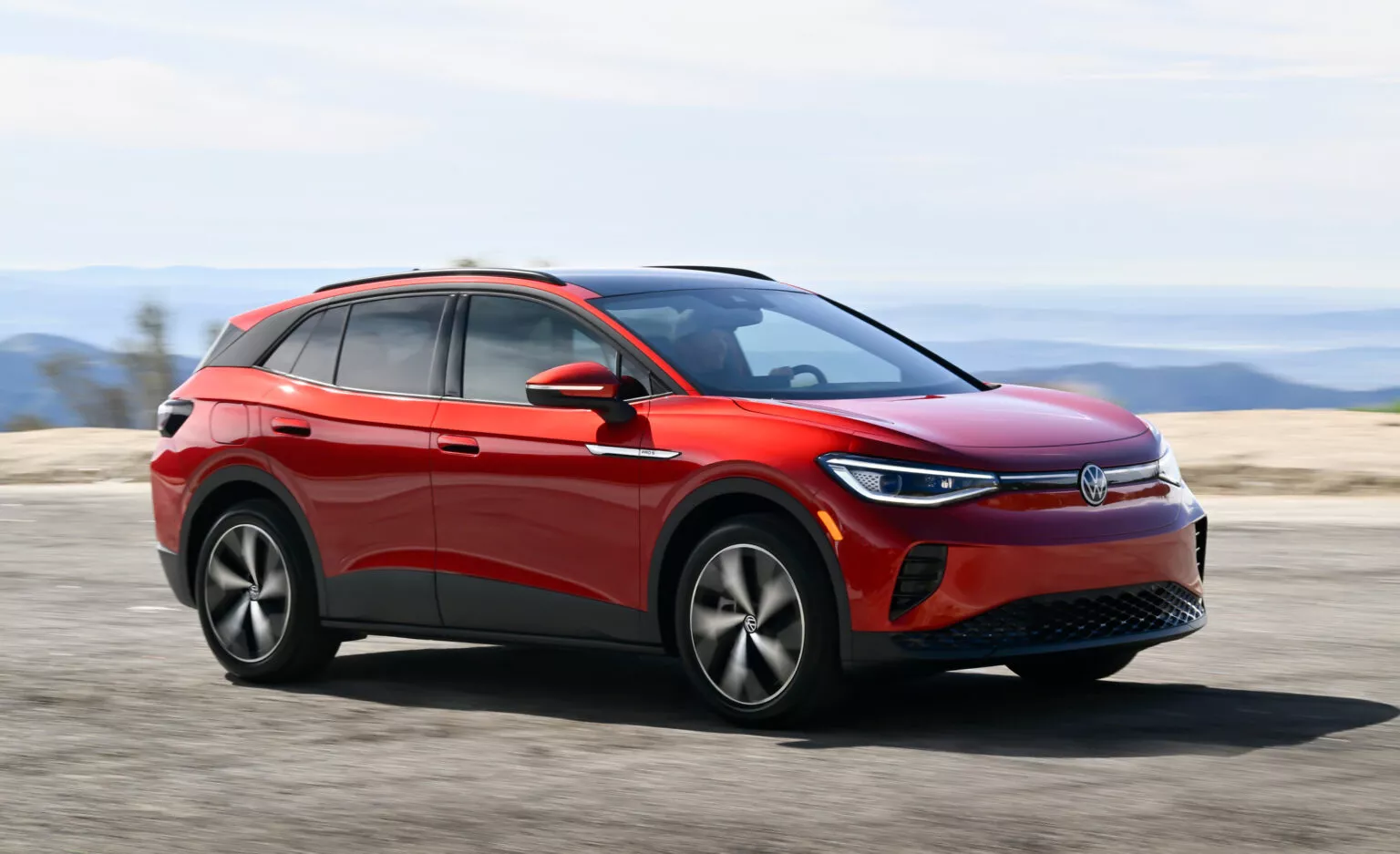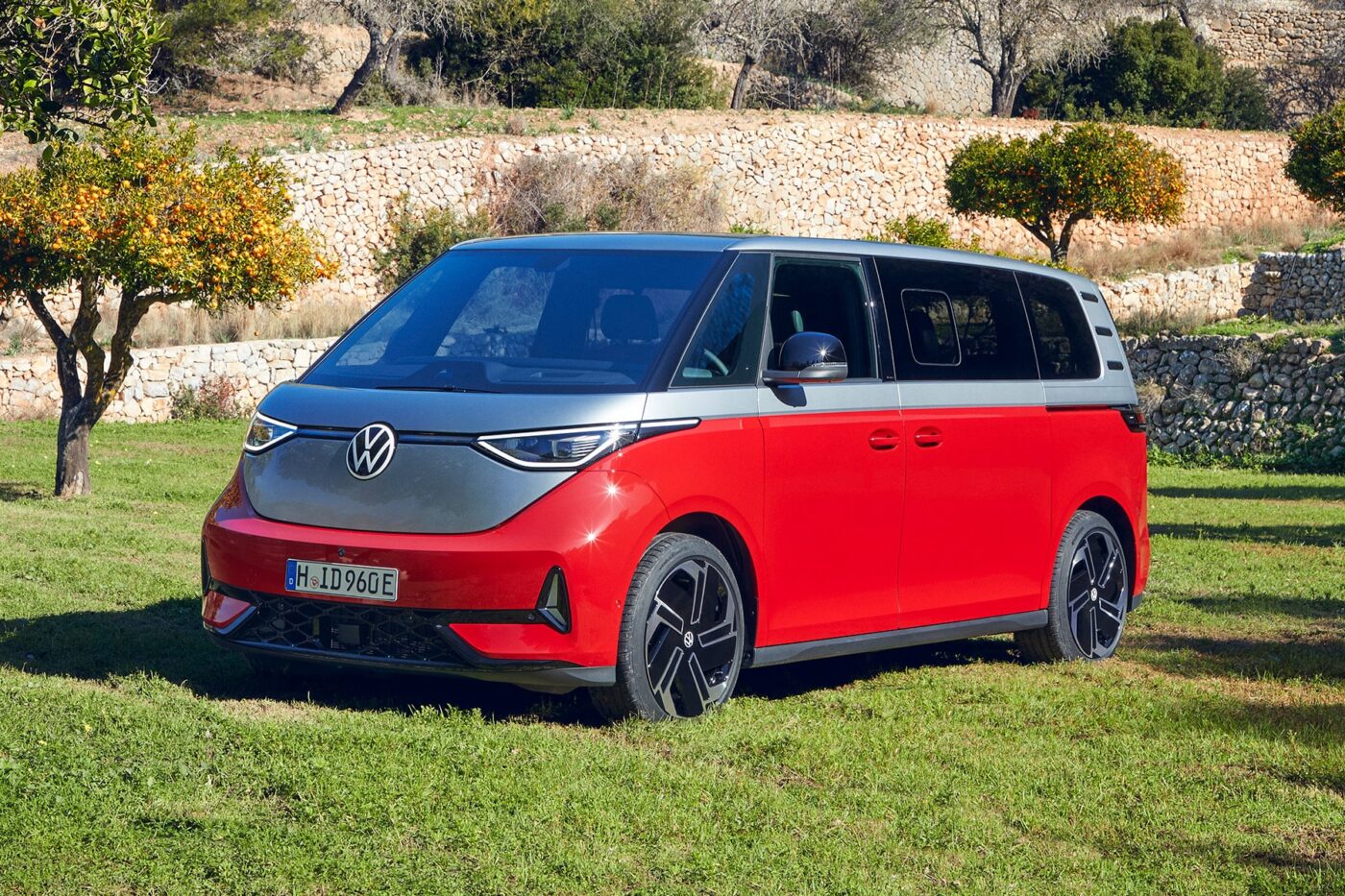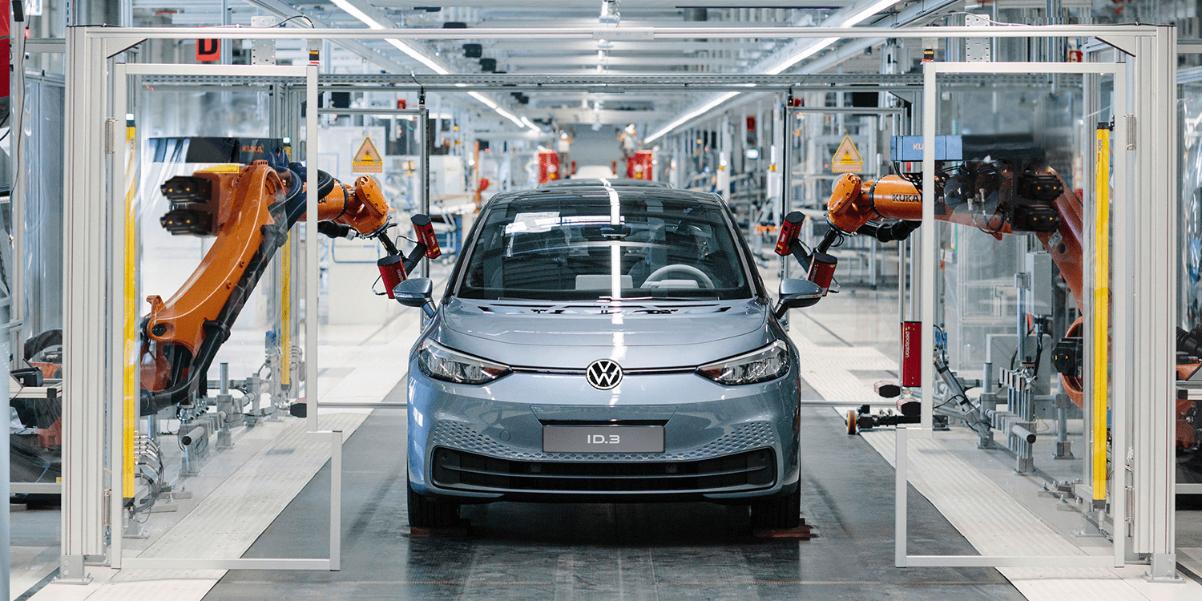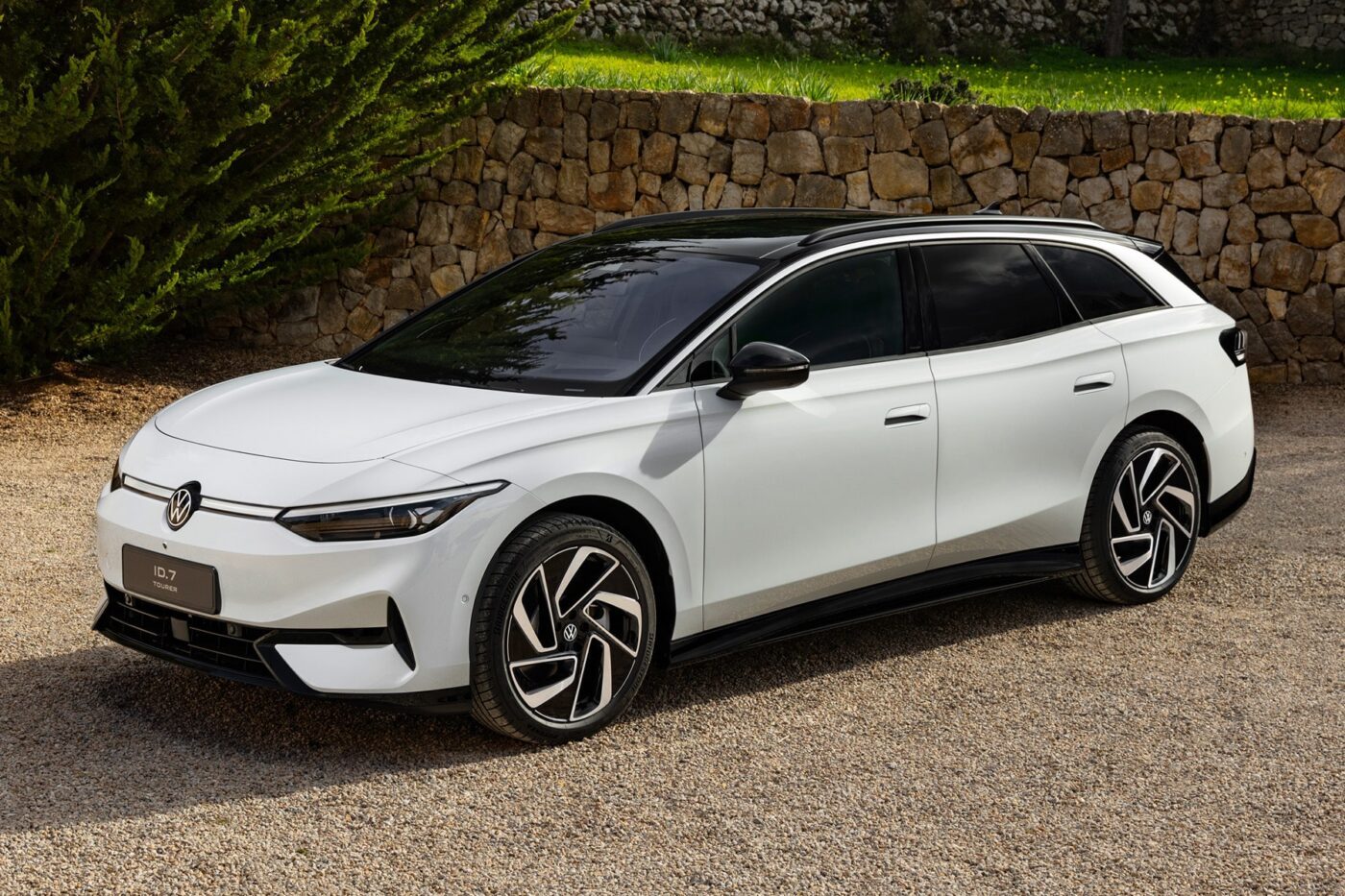Volkswagen is set to launch a new ID.3 model in China, featuring a Lithium Iron Phosphate (LFP) battery pack, as it aims to strengthen its position in the world’s largest electric vehicle (EV) market. The move comes amid increasing competition from local automakers, such as CATL and BYD, which dominate the LFP battery segment.
Despite delivering 6.52 million vehicles in the first nine months of 2024—down nearly 3% from the previous year—Volkswagen reported a 27% increase in EV deliveries in China through September. However, the company’s overall vehicle sales have declined by double digits, attributed to “particularly intense” competition in the Chinese market.
The new ID.3 model, priced starting at approximately $15,400 (108,900 yuan), is significantly cheaper than its predecessors, with the previous models launched in 2021 starting around $25,000. Volkswagen reduced the ID.3 prices last summer, with a limited-time offer bringing the price down to as low as $17,500 (125,900 yuan), which helped secure over 10,000 orders by the end of the month.
The incorporation of LFP batteries, while common among Chinese manufacturers, marks a shift for Volkswagen, which typically uses Nickel Manganese Cobalt (NMC) batteries. Although NMC batteries have a higher energy density, LFP batteries offer a more cost-effective solution as they rely on less expensive materials.
As other automakers, including Tesla and Hyundai, embrace LFP technology for their models, Volkswagen is looking to maintain competitiveness against local offerings like the BYD Dolphin, which starts at under $14,000 (99,800 yuan). With this launch, Volkswagen aims to attract budget-conscious consumers and regain market share in China’s rapidly evolving EV landscape.

